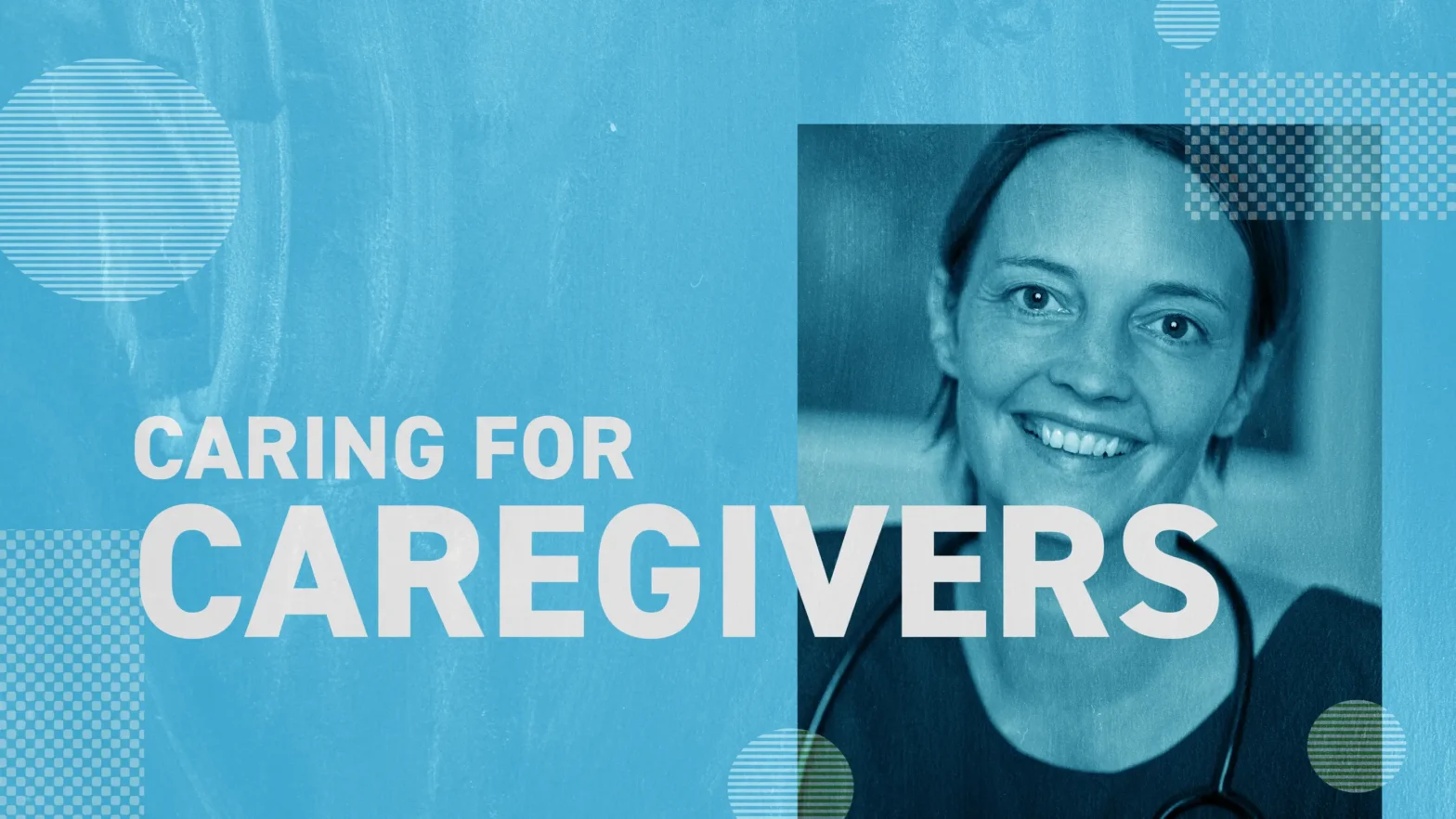Many of us have cared for a loved one at some point in our lives, be it our parents, spouse, or a mentally or physically disabled adult child. If you have been in that situation, you know how difficult it can be to take care of your loved one while also taking care of yourself.
Being a primary caregiver to someone takes a physical and emotional toll on your body. And, although caring for a sick loved one can be very rewarding, it can also be exhausting. Because you are tired, you might even find yourself getting angry at the person you are caring for and others, since you are trying to do too much.
If you find yourself feeling this way, you need to reach out for help. Taking care of yourself is one of the most important things you can do as a caregiver. You need to make time for yourself. Eat healthy foods, be active, and practice self-care activities, which might include walking, socializing with friends or family, attending church, getting enough sleep, taking a relaxing bath, praying, meditating, or even going shopping for yourself. Consider joining a caregiver support group, either in your community or online. Meeting with other caregivers will relieve your sense of isolation and help you share concerns, feelings, stories, and ideas.
Although nobody wants to ask for help, if you are a primary caregiver, don’t be afraid to do so. We often think that no one can care for our loved one the way we do, but it’s essential to overcome that feeling and let others help. In addition to siblings, relatives, and friends, you can reach out to the St. Therese Health Ministry to see if they can help or refer you to someone who can. Resources are available for care, equipment, and other services. There are also several community services and organizations, such as AgeWays (Area Agency on Aging 1-B), that can refer you to resources for community programs and services, including Meals on Wheels, transportation, adult day care, insurance assistance, and caregiver support. AgeWays also offers a workshop that covers a range of topics, including self-care, communication in challenging situations, and helping caregivers make informed decisions. Contact them at 1-800-852-7795 or visit their website at www.aaa1b.org.
Caregiving is not easy. Being a full-time caregiver is hard work. One of the best recommendations I can make, having done this myself, is to ask for help from others and share caregiver responsibilities. If you have family members who can help, discuss with them what assistance is needed. Providing 24/7 care requires a team of people, not just one individual.
Being a caregiver to someone, whether full-time or as needed, can be highly rewarding. I have always considered it a privilege to care for my mom when she needed it most. And it was especially wonderful to spend that extra time with her, getting to know her intimately as a person, as well as her innermost thoughts and feelings, and realizing how much she loved and appreciated each of us.
On Thursday, June 5, from 12 to 1 PM, Stephanie Aldridge from Residential Home Health will present “Caring for Caregivers.” If you or someone you know is a caregiver, this lecture will provide tips on how to take care of yourself while caring for others. Please RSVP to the parish office or Marilyn Cito at 586-254-4433 or Marilync@stol.church since a light lunch will be offered.
Reference:
- www.nia.nih.gov/health/taking-care-yourself-tips-caregivers, NIH, National Institute on Aging, Taking Care of Yourself: Tips for Caregivers, May 2, 2017.


